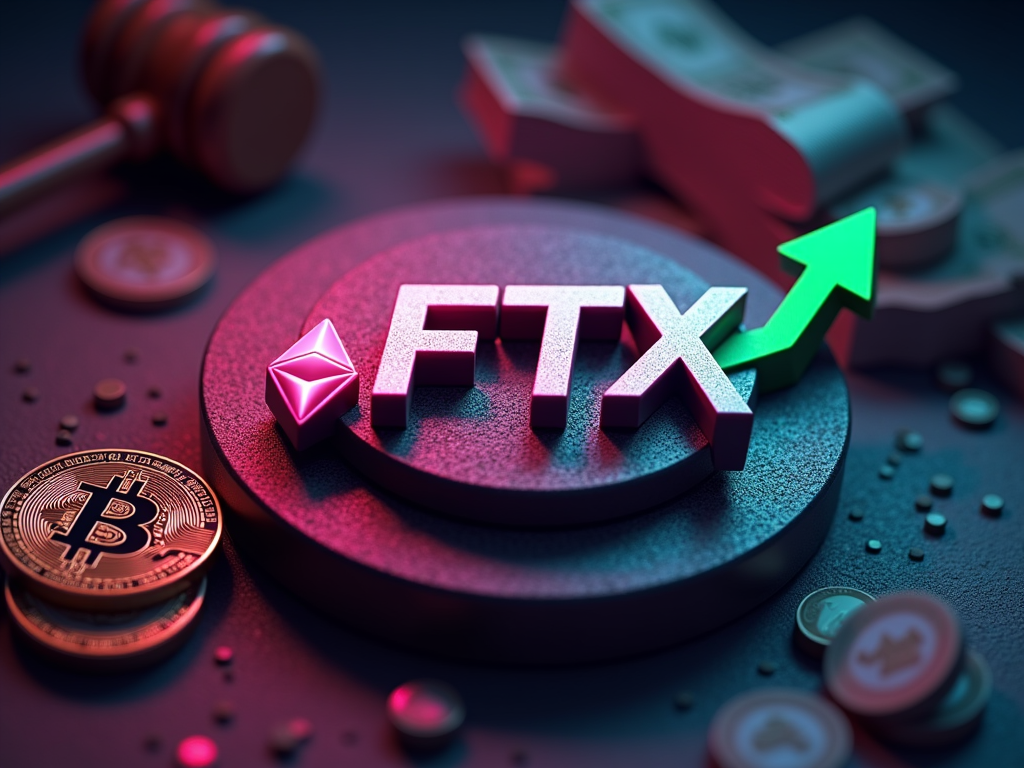Key Points
- South Korea has introduced supervisory fees for major cryptocurrency exchanges starting in 2024 as part of the newly enforced Virtual Asset User Protection Act.
- The fees are based on operating income, with more extensive exchanges like Upbit facing significant contributions while smaller platforms struggle with the additional financial burden amidst declining trading volumes.
New Regulatory Landscape for South Korean Crypto Exchanges
In a significant move towards increased regulation and oversight of the cryptocurrency industry in South Korea, the Financial Services Commission (FSC) has announced the implementation of supervisory fees for virtual asset operators. This development, which comes as part of the newly enforced Virtual Asset User Protection Act, marks a crucial step in the country’s efforts to regulate the crypto market more effectively.
Introduction of Supervisory Fees
On July 1, 2023, the FSC revealed revised regulations requiring cryptocurrency exchanges to pay supervisory fees for inspections conducted by the Financial Supervisory Service (FSS) starting in 2024. These fees are determined based on the operating revenue of the previous fiscal year, with a contribution rate of 2.686818 per 10,000 won of operating revenue.
Impact on Major Exchanges
The new supervisory fees are expected to have varying impacts on different cryptocurrency platforms:
- Upbit: As the market leader, Upbit is estimated to contribute approximately 272 million won ($199,388), bearing the brunt of the fees due to its dominant market share.
- Bithumb: The second-largest exchange is expected to pay around 21.14 million won ($15,157).
- Coinone: Estimated to contribute roughly 6.03 million won ($4,422).
- GOPAX: Expected to pay about 830,000 won ($608).
- Korbit: Notably exempt from the supervisory fee due to its operating revenue falling below the 3 billion won threshold.
Challenges for Smaller Exchanges
While larger exchanges like Upbit and Bithumb may be able to absorb these new costs, the supervisory fees pose significant challenges for smaller platforms. Many exchanges, except for the top two, continue to operate at a loss, and the addition of these fees is likely to add financial pressure to their already strained operations.
Regulatory Context and Industry Reactions
Implementing supervisory fees is part of a broader regulatory framework in South Korea. This includes:
- The enforcement of the Virtual Asset User Protection Act.
- Upcoming inspections by the FSS on virtual asset operators.
- Over the next six months, a comprehensive review of 1,333 digital currencies by a coalition of 20 local crypto exchanges.
Some industry insiders were surprised by the quick introduction of these fees, who had expected a phased approach similar to that used for electronic financial companies and P2P investment firms. However, FSS officials justified the decision by citing the formation of related organizations and costs already incurred.
Market Implications
The new regulatory measures come when South Korean cryptocurrency exchanges are experiencing a decline in trading volumes. Since the new law’s implementation, trading volumes have reportedly dropped by 30%. This trend, coupled with the latest financial obligations, may lead to further consolidation in the market.
Conclusion
The introduction of supervisory fees marks a significant milestone in South Korea’s approach to cryptocurrency regulation. While it aims to enhance user protection and market stability, it also presents new challenges for industry players, notably smaller exchanges. As the crypto landscape continues to evolve, the long-term effects of these regulations on the South Korean market remain to be seen.














